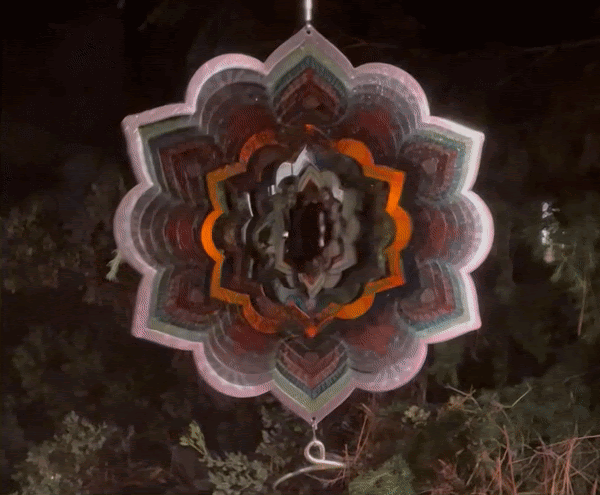Who would you be without your stuff?
Two days before New Years, I was with a friend in Palm Springs. He knew what a hard year it had been for me, plus he wanted a ride from Palm Springs Airport, so he treated us to a hotel stay in the desert. We had some laughs, a hot tub soak, and a nice dinner in town. As we left the restaurant, I realized I'd left my bag at my seat, so I turned around to get it. It was only a few moments later, but nevertheless, the bag was gone. There went my wallet, AirPods, gloves, some important mail, but worst of all my notebook — a vessel that feels like an extension of myself where I archive my life and had processed so much of the past year.
I lost a lot of things in 2021. A primary relationship in my life ended, and with it, so too ended having a place I live in LA. My childhood home was sold as my parents embarked on a new chapter, losing a sense of “back home” in New Jersey. Work projects ended. There were job contracts I’d gone after and didn’t get (though thankfully a few I did get). And I definitely lost some sanity over the year. By this measure, losing a bag of stuff might sound frivolous. And yet, when my possessions were gone, it landed like an epic grand finale of loss. It felt insane, the timing so specific to come right at 2021’s end.
In a recent talk by Rev. angel kyodo Williams, she says in her grounded, impassioned voice, “Who would you be without your stuff? I don’t know, but I beg you to find out.” Repeating this mantra to myself as New Years Eve unfolded helped me surrender in a way I hadn’t all year. Sighhhhhh. Okay. Things come and go. Notebooks come and go. Money, houses, even loving relationships and people come and go. The inquiry from the universe became clear to me: If many of the things in my life before were not coming with me into 2022, then what is?
We are psychologically conditioned to experience loss of all kinds — whether it be a death, a relationship ending, moving homes, losing a job, having an illness, etc. — as if we’ve lost a part of ourselves. Said another way, unprocessed (or in-process) loss can leave us feeling incomplete. In cultures like ours where loss is often swept under the rug (after all, systems of oppression rely on forcing loss upon people to propel others' gain), we tend to grasp for stuff to fill the void rather than to just be with the void. The ecological crises we are causing this planet directly stem from this insatiable need we have for more and more stuff to fill our individualistic sense of lack.
My friend Julia said to me a few months ago, “All desire, any desire, is the desire to feel whole. And the practice is realizing we already are.” As I guide people and myself through the magical practice of grieving, an oft-surprising stage along the way is relief — an acceptance of impermanence; that loss itself can be proof of our aliveness. It’s what I felt this New Years. Without much of my cherished stuff, I experienced solace in coming into 2022 with me. Not just me, of course, but also in a way, just me. Just this sense of being me, being in this body, a living thing amongst all living things.
When we cultivate a capacity for processing the complexity of loss, it helps us attach less and make room for realizing we are whole. We are here, we are alive, and we are enough. This doesn’t negate the sadness and pain of loss, but it does create more space for something else too. This emptiness, as it’s described in Zen Buddhism, or spaciousness, is where we most intimately encounter ourselves and the oneness of all things. From this place, we are more equipped to spark reorientation and reconnection that fuels our lives and brings us fulfillment.
Recognizing that loss is unavoidable and that pain is inevitable, might we do the daring act of being without our stuff? If we are willing, we may recognize just how whole we are, no matter what we’ve lost.
